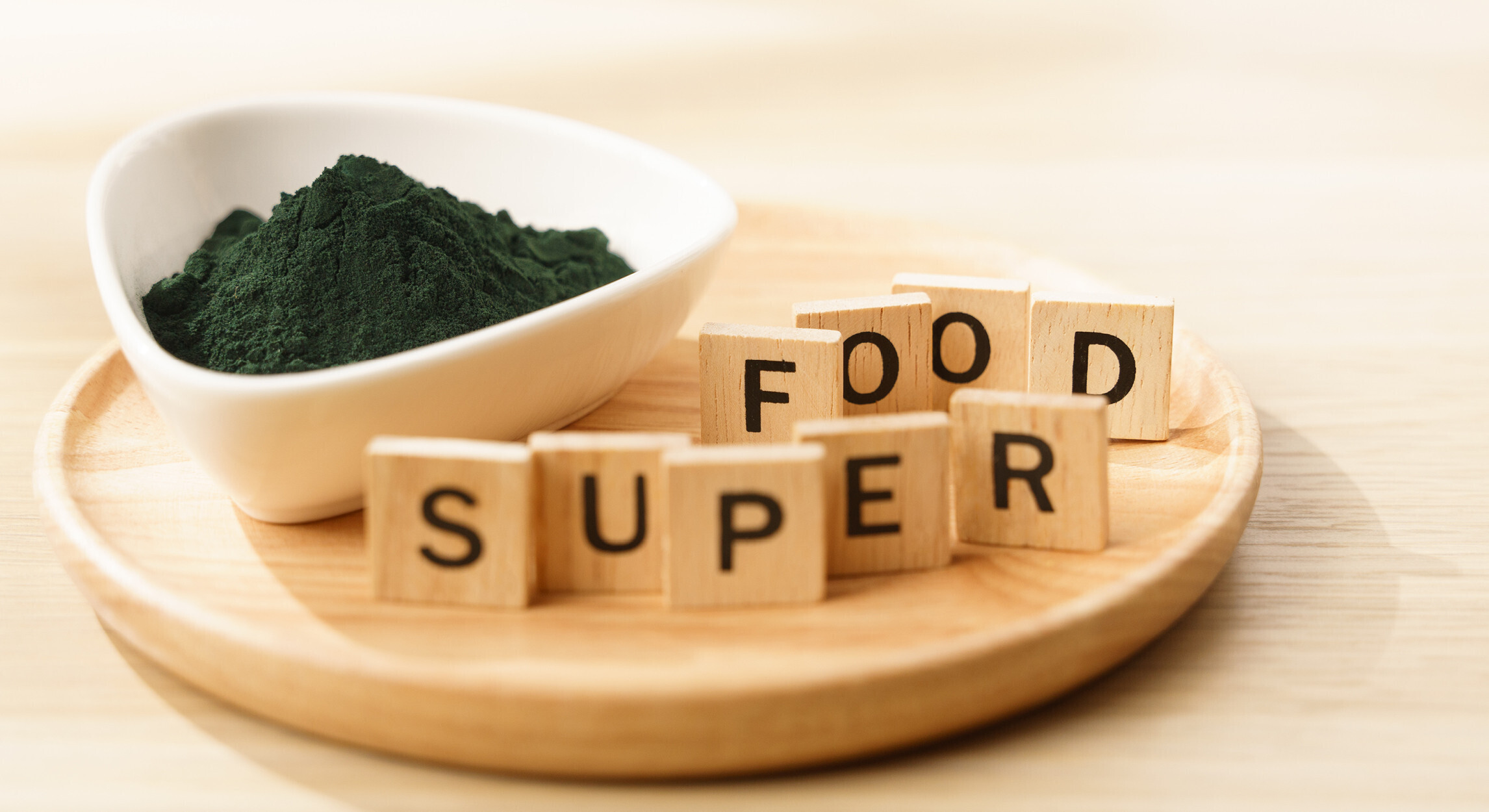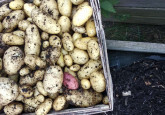Spirulina has become increasingly popular in recent years, following recognition of its many benefits to the body. Used to combat malnutrition in famine-prone countries, it contains a wealth of nutrients that are particularly suitable for supplementing a vegetarian or vegan diet, but also serves to strengthen the immune system and is a powerful anti-inflammatory. Because of these many benefits, it is becoming increasingly popular, but it should not be eaten in any way. Here is a short guide on how to consume spirulina.
Composition of spirulina
Used since the dawn of time, spirulina develops in an aquatic environment and grows naturally in Africa, South America and Asia. The Aztecs were the first people to recognise the virtues of this microalgae, then nicknamed "blue mud". Since then, Spirulina's properties have earned it worldwide recognition and it was even recently described as a "superfood" by the World Health Organisation.
Its composition is exceptionally rich in iron and vitamin B12, which is why people on a meat-free diet consume it to compensate for any deficiencies. Spirulina contains numerous nutrients, trace elements and vitamins that are 95% absorbable by the human body, which is another important advantage of this food supplement. Naturally, spirulina contains vitamins A, E, D, K, B1, B2, B3, B6, B8, B9, as well as several minerals such as selenium, chromium, magnesium, calcium and zinc, with powerful antioxidant properties. It also contains essential fatty acids such as chlorophyll and phycocyanine.
Who can take spirulina?
Because of its extraordinarily rich composition, spirulina has many benefits and is recommended in many cases. In addition to people suffering from malnutrition or following a vegetarian or vegan diet, pregnant women, who often have iron deficiencies, individuals with a weaker immune system, as well as young children or the elderly, can consume it in order to regain their fitness. This food supplement also benefits sportsmen and women, helping them to achieve better physical performance and to recover after exercise.
Different forms of food supplements
Spirulina is generally available in the form of a green powder, flakes or solid or liquid tablets. If spirulina remains a concentrate of benefits for the body, it remains important to respect the dosage recommended by the professionals. This food supplement is rarely contraindicated, but if overdosed, it can cause undesirable effects, particularly at the digestive level. Consuming too much spirulina at once can cause diarrhoea, bloating, constipation or headaches. It is therefore advisable to follow the recommendations and to be attentive to the reactions of your body.
What dosage for spirulina?
In reality, the amount of spirulina to take depends on the profile of each person, their metabolism and their physical condition. It may therefore be wise to seek medical advice before embarking on this process. The general average is around 3 grams per day. A maximum of 5 grams per day is recommended, except in the case of top athletes, who can take up to 10 grams daily, if advised by a doctor. If the body has never ingested it, it is better to start the treatment with a maximum of one gram per day and to increase the dose gradually, for better assimilation. Moreover, as it is a natural food supplement, its effects are not immediate, so you must be patient. Generally speaking, the first benefits of spirulina are seen after about three weeks.
When to take spirulina?
In practice, spirulina is consumed with meals. It can be sprinkled on a salad or in a yoghurt, mixed in a glass of water or fresh fruit juice, rich in vitamin C. Vitamin C stimulates the absorption of iron by the body, which is why people who consume spirulina because of deficiencies are well advised to combine vitamin C and spirulina. On the other hand, it is better to avoid drinking tea or coffee when consuming spirulina, as these drinks slow down the absorption of iron by the body.
Consuming spirulina is therefore beneficial for the body, as long as a reasonable dosage is respected. Ecosystem Laboratoire offers you two liquid food supplements dedicated to spirulina, Mac Oc Premium and Mac Oc Classic, to take advantage of its benefits!










